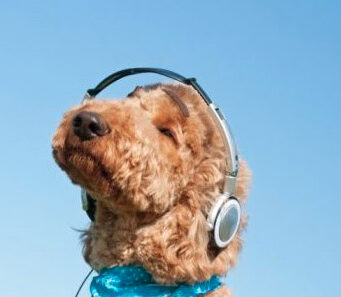Veterinarians report that dental problems are the most commonly diagnosed health issue in dogs over three years old. Ignoring buildup of tartar and plaque or an off-colored tooth can lead to serious health problems, including gum disease and life-threatening infections. To ensure your dog’s mouth remains in good health, check regularly for signs of oral disease. These can include bad breath, red or swollen gums, and a build-up of tartar around the teeth. Keep an eye out if your pup is chewing on one side of his mouth or not eating at all, as these are red flags that there’s something seriously wrong. Other signs of an oral infection include your dog compulsively chewing, pawing at his nose and mouth, or licking his nose. If you notice fractured or off-colored teeth or bumps on your dog’s gums, you should consult your veterinarian immediately.
With all of these scary symptoms, you’ll be happy to know you can help your dog live a better and longer life with a relatively simple mouth-cleaning routine. Ideally, you should clean your dog’s teeth daily, but giving his mouth some attention at least three times a week will help curb any problems. Use a soft toothbrush at a 45-degree angle, brushing in a gentle up-and-down motion. You can add canine toothpaste to the mix, but never use human toothpaste on your dog since he must be able to swallow any products. In addition, be sure to take your companion to the vet for an official dental exam at least once a year.
For owners who didn’t start dental care with their puppy or purchased an adult dog, tooth cleaning can be a daunting process. However, with some time and patience, your dog should come around to having his teeth cleaned. Start by brushing the outside of your pet’s cheek with your finger and lifting his lip, gradually moving inside your pet’s mouth and adding canine toothpaste to the mix. Be sure to lavish your dog with praises to reinforce that tooth brushing is a positive experience. If your dog proves especially difficult when it comes to oral hygiene, fear not: There are a number of chew toys designed just to fight tartar and clean the gums. Your dog’s diet also plays a big role in his oral hygiene, so bear in mind that dry kibbles and biscuits help remove plaque, while canned food contributes to dental problems.








